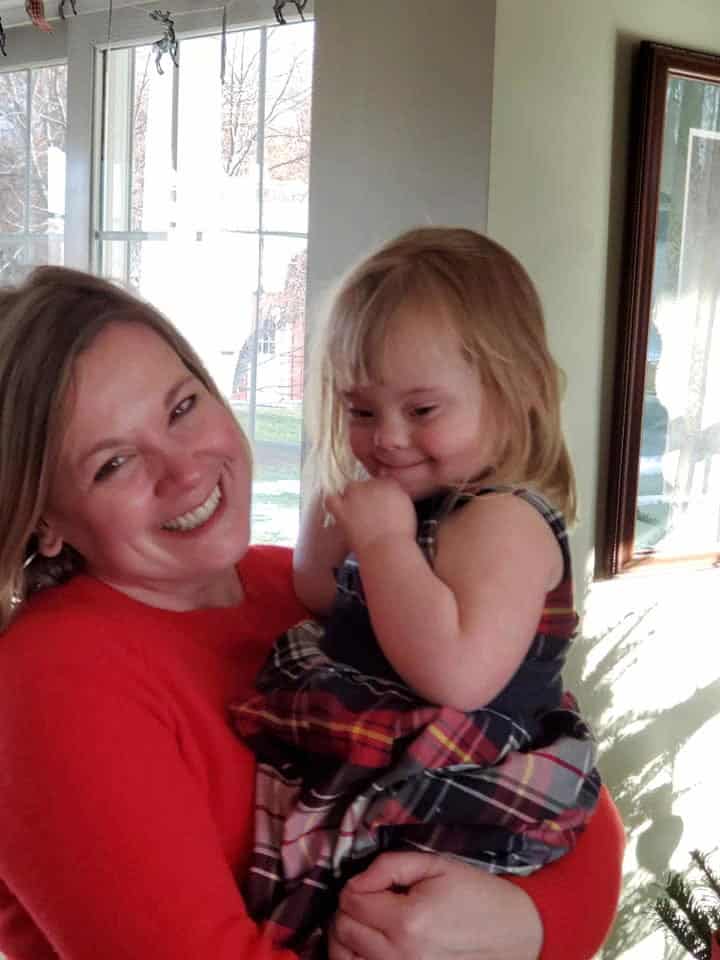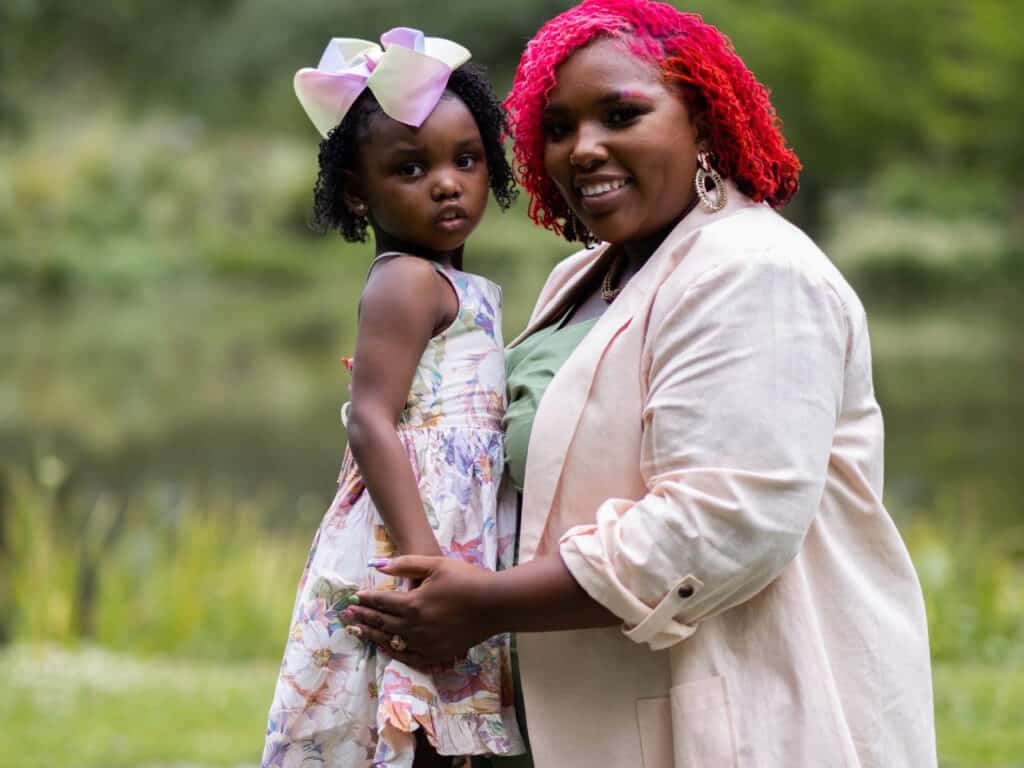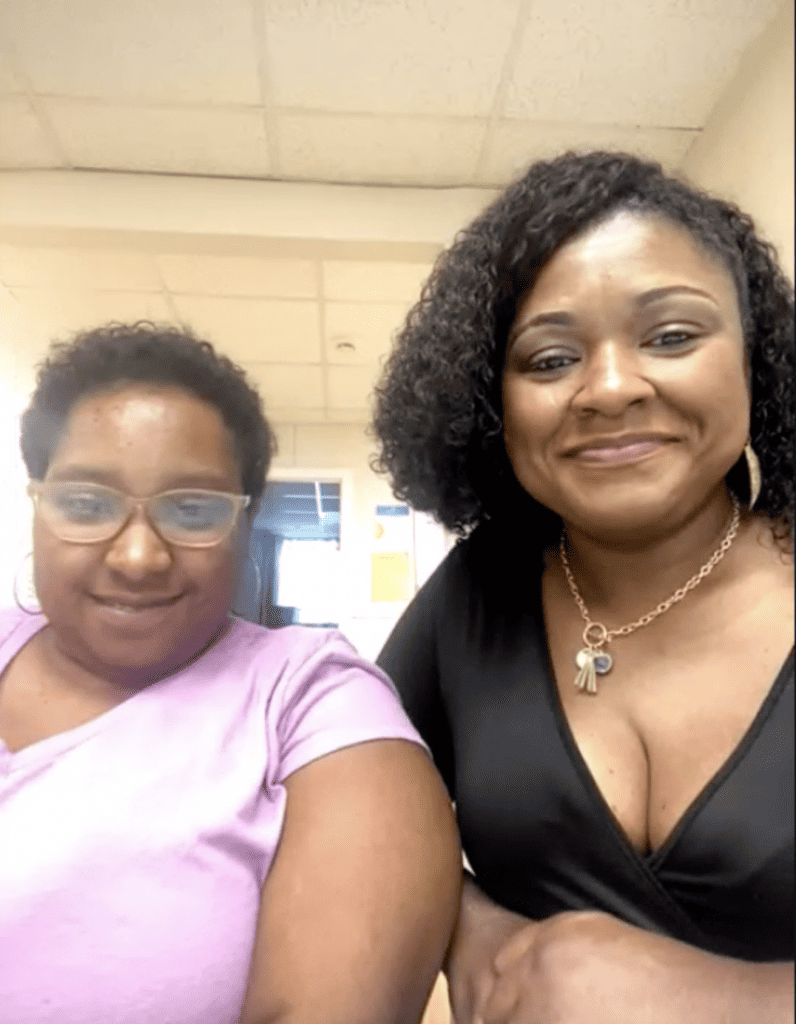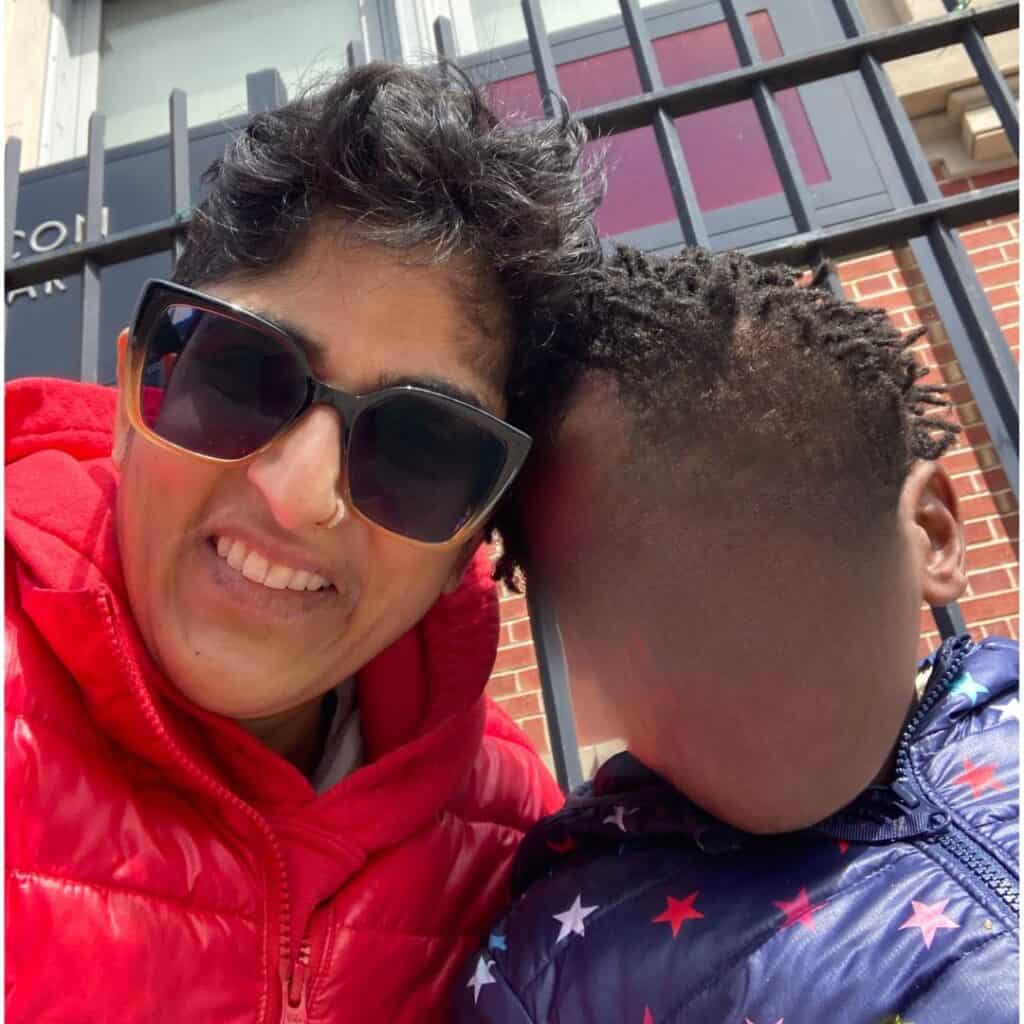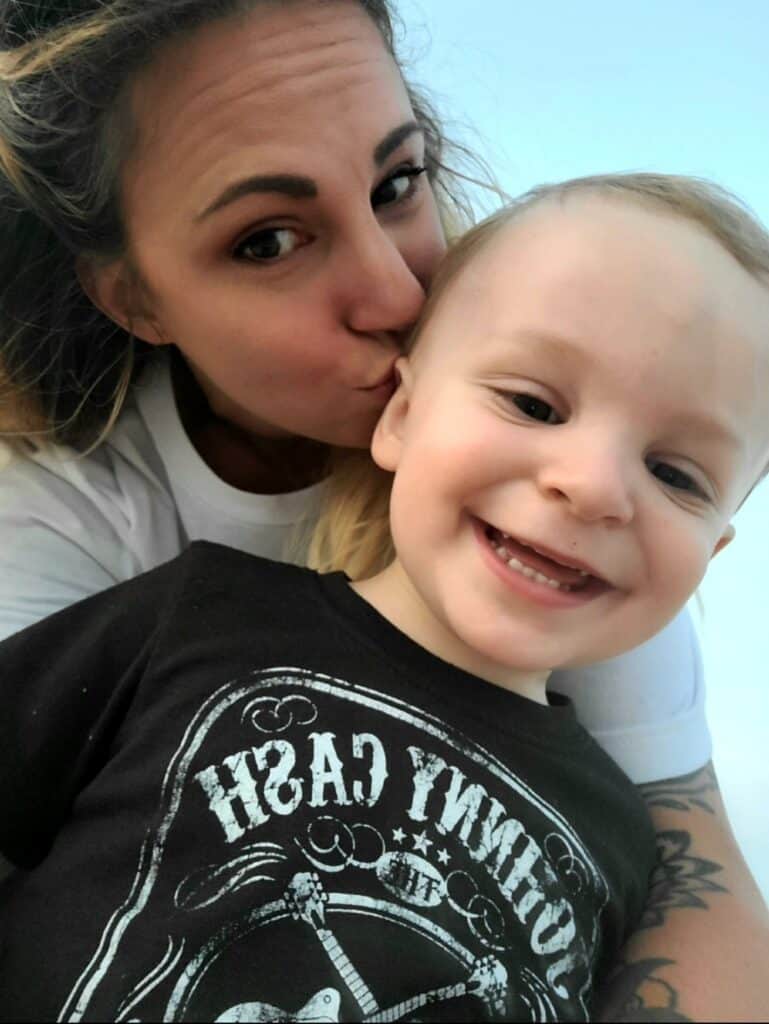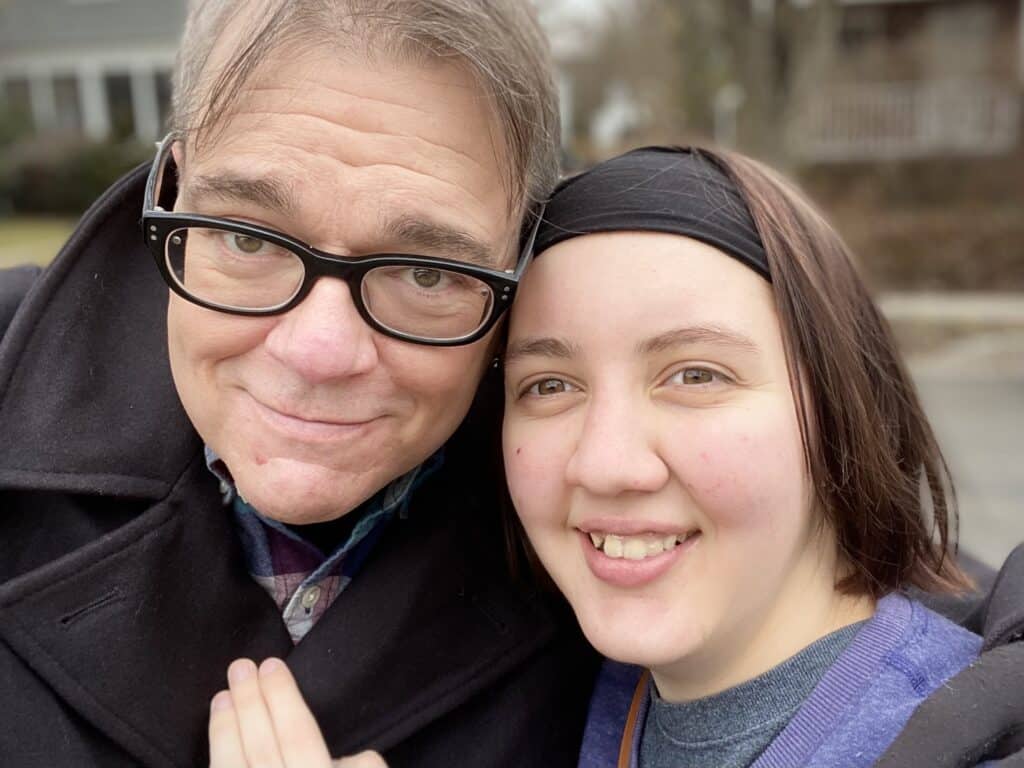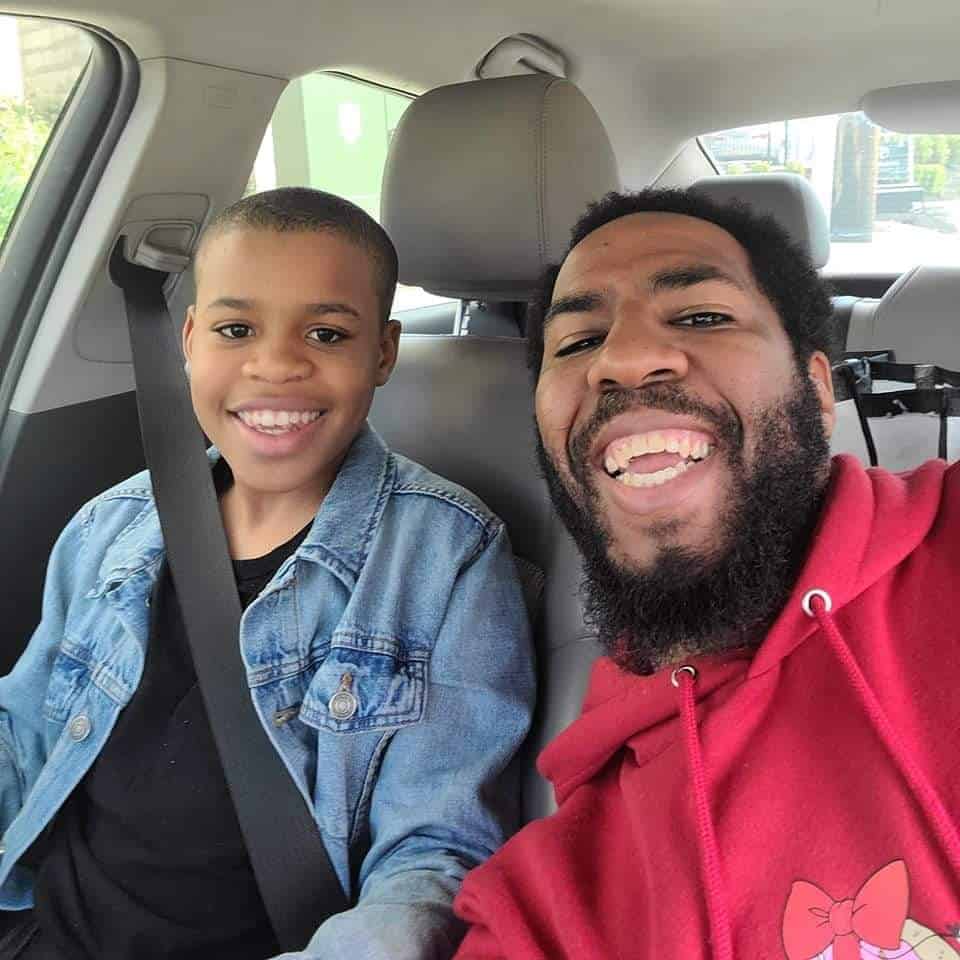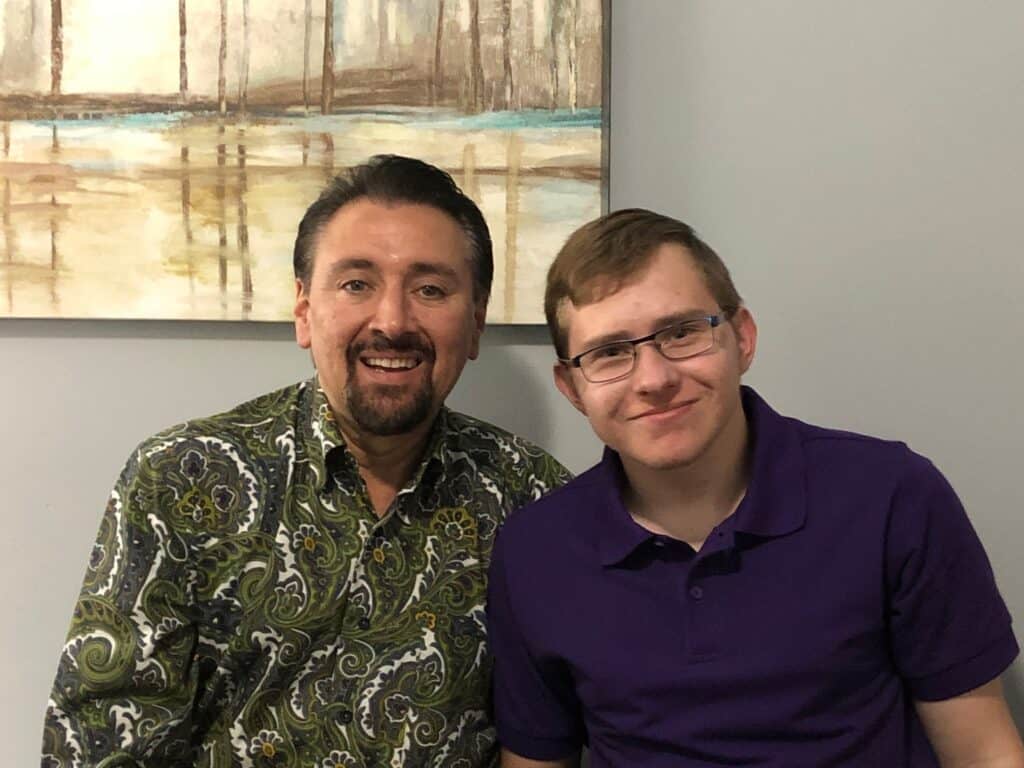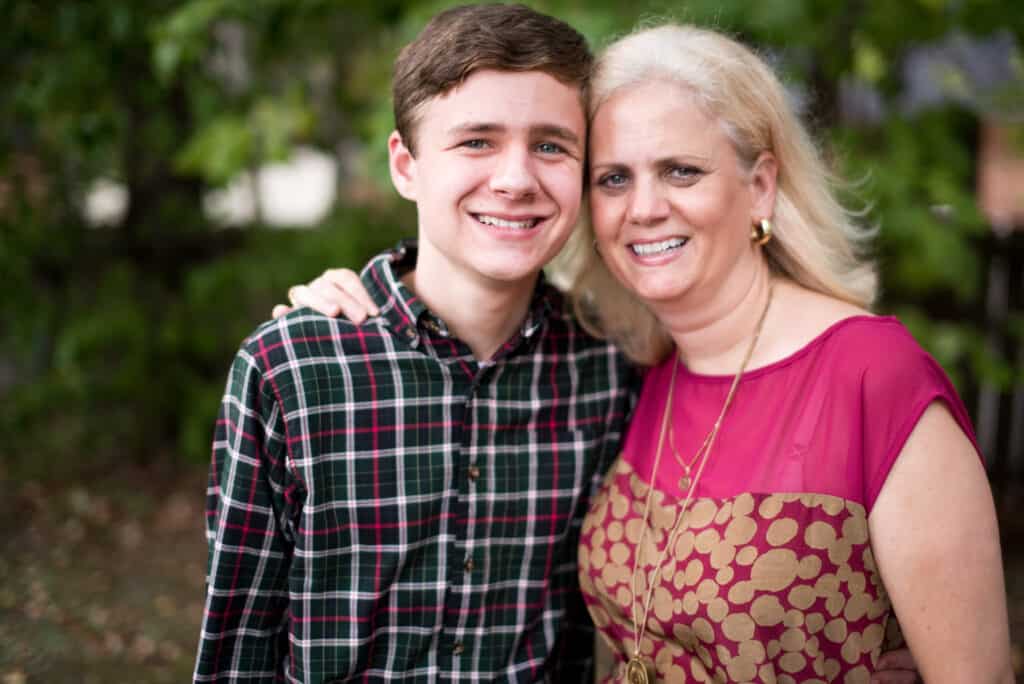Serve children with disabilities better together with Exceptional Lives
When families and schools work together, Special Education students thrive.
We’ve got tools to help families and schools build great relationships.
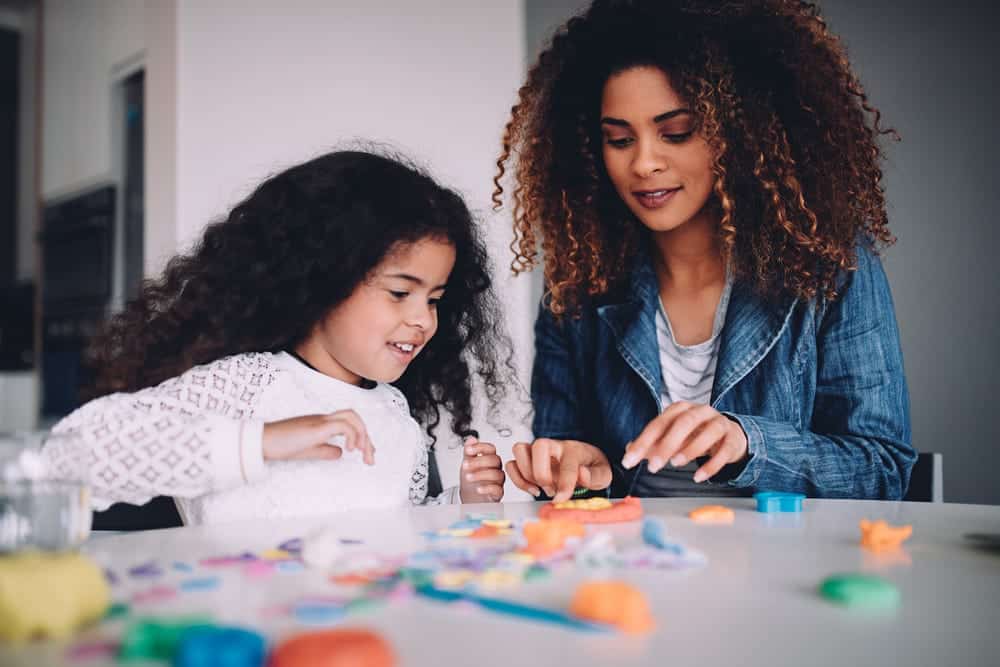
We all want Special Ed students to succeed. Communication and relationships between schools and families are complicated. We’re here to help.
Welcome to Exceptional Lives. For schools, we offer expert support and guidance to build strong connections with schools, families, and the community.
For families, we provide free services that offer clear guidance on accessing local, state, and federal resources. This helps families navigate school systems, communicate their needs, and understand their rights.
By bridging the gap between families and schools, we ensure every child receives the care, attention, and opportunities they deserve to thrive.
-
- Happier teachers who stay in their jobs and focus on teaching.
- Families who trust and collaborate with school staff to support their children.
- Fewer IEP conflicts between families and schools.
- Clear communication that helps everyone get the information they need.
Help your child succeed. Engage in their education with Exceptional Lives.
Being involved in your child’s education takes effort and knowledge. It can be scary if you don’t know where to start – and complicated even if you are already involved.
But your involvement is so important to your child’s success. And we want you to have the tools and resources you need to collaborate with the school and support your child.
Our free blogs, podcasts, and information hubs give families a head start on knowledge you need to help your children thrive.
Whether you need help navigating a new diagnosis or making plans for your child to transition to adulthood, we’ve got it covered – in English and en español.

Measuring success
Our measures of success are straightforward but impactful:
Our approach leads to better outcomes for Special Education students – and their peers.
Facilitating communication between families and schools
We help schools communicate with families by providing templates (such as the IEP Welcome Kit) and hosting family training workshops. Our workshops cover topics on how to have successful IEP meetings and understanding the Special Education process.
Our goal is for families to easily understand how to help their child in this process.
Building skills for staff and families
We offer professional development to help educators support students with disabilities and communicate effectively with families.
Our workshops teach families how to better collaborate with schools in support of their children.
Helping families navigate special education
We are committed to helping families communicate with schools and understand their rights and responsibilities within the education system. With our training, resources, and guidance, families gain the confidence and knowledge to navigate Special Education and the services their children need.

We care about your school's needs. Schedule a free consultation with us today!
Find the services and resources you need
Our content helps point families and school districts towards the services and resources you need. Find “How-To” content that walks you through every step from navigating the individualized education process (IEP) to applying for SSI benefits.
- Autism
- Early Childhood
- Families and Stories
- Health Insurance
- Literacy and Reading
- SSI Benefits
- Special Education
- Transition to Adulthood
Find services for children with disabilities in our blogs, short videos, webinars, and podcasts.


Disability Services Finder
Exceptional Lives also offers a Disability Services Finder, a searchable database of community-based resources and services for children with disabilities. Find reliable, up-to-date, state-specific information and resources for parents, children, and teachers.
Hear from families managing the joys and challenges of raising children with disabilities
You are not alone on this journey! By hearing from other parents and providers that have found services for children with disabilities, you can learn from other’s experiences and thoughts. Watch their videos to learn how these parents and their children navigated the challenges they have faced.

Miranda and Magnolia
Meet Miranda Georgetown Riley, founder of the Magnolia Rose Foundation and mother of Magnolia Rose Riley. At 18 months old, Magnolia was diagnosed with autism and while she did not exhibit all of the typical signs of autism, her mom knew that something was different because she was non-speaking. After getting a diagnosis, Miranda immediately knew she needed to do all that she could to get her daughter early intervention and began her quest to get help.

Kisha and Kirsten
Becoming a 19 year old single parent of a child with a disability was a challenge that Kisha was not prepared for, but she quickly adapted to support her daughter’s needs. In this Families and Stories interview, Kisha emphasizes the importance of taking the time to learn to effectively communicate with medical professionals and balancing boundaries with family to create a healthy environment for her daughter Kirsten.

Shubha & A
Shubha Balabaer is a Canadian in Brooklyn. They care for their autistic child while challenging societal gaps and advocating for inclusion.

Neda & Mason
Some parents suspect their child might be autistic at an early age, especially if they know what to look for. As a neonatal nurse, Neda knew the warning signs when it came to her son Mason’s developmental milestones and knew right away that something was different.

Rob & Schuyler
Have you heard of Polymicrogyria (PMG)? Schuyler was diagnosed with the disorder at birth. PMG is a condition characterized by abnormal development of the brain before birth and affects Schuyler’s speech, learning ability, and can cause seizures. While schools are required to provide accommodations for those with disabilities, the real world can be slow to get on board.

Maurice & Maurice Jr.
Maurice Jr. is the first of 3 children and only son of his father Maurice Rush. After Little Rece’s diagnosis as autistic, his father learned how to become a strong advocate for his non-speaking son.

Johnny & Jonathan
Transitioning into adulthood can be a daunting experience, especially for those with disabilities. Jonathan’s parents took advantage of his father’s role at a local community college and enrolled their son as a part-time student to continue their journey to prepare him for life after high school.

Tanja & Andy
Transitioning into adulthood can be intimidating for any family. Adding a disability to the mix can make things even more daunting, but it doesn’t have to be. Tanja made sure she prepared her autistic son, Andy, for life on his own after college.
Still looking for services for children with disabilities?
Read Our Blog
Need Help?
Call or text us at: 1-844-354-1212, email us at
info@exceptionallives.org, or chat with us online.

